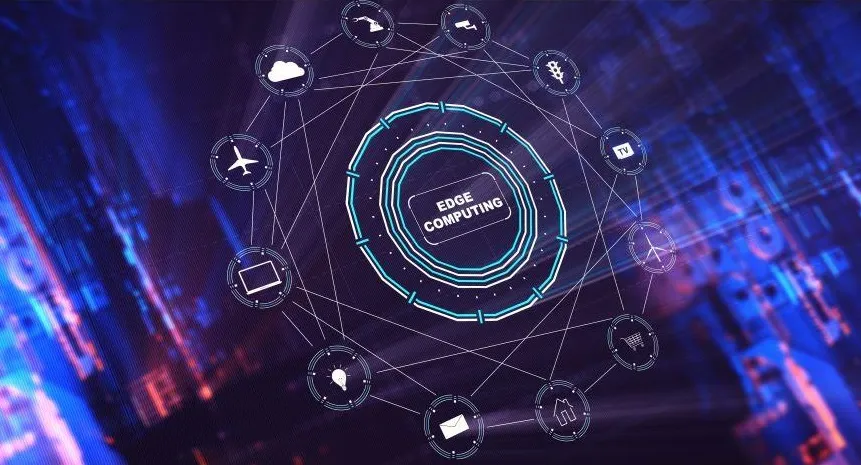
Many people think edge computing is a technology or something like quantum computing, instead it is a concept or philosophy that focus on relating to the management and the use of data. If we define edge computing, it is networking philosophy focused on bringing computing as close to the source of data as possible in order to reduce latency and bandwidth use or even in a simpler manner, edge computing is the practice of capturing, processing, and analysing data near where it is created rather than centralized data processing warehouse.
Edge computing is a form of cloud computing, but if we look at the differences between them, Cloud computing are centralized in a collection of data centres in which the services can be accessed from any device through the internet. So there a can be delay in the transfer of data because of the distance between the users and data centres the services are hosted.
This is where the Edge computing holds the edge against the cloud computing, Edge computing brings the computing closer to the users in order to decrease the distance the data has to travel, while retaining the core concept of cloud computing. This is possible by running the centralized applications either on the device itself or on the network edge.
If we look at the other advantages of edge computing over cloud computing,
- Cost cutting – Edge computing minimises the bandwidth use and server resources and therefore saving costs
- Increased Performance –Since edge computing decreases the distance data has to travel and avoids the time needed for it. It leads to the increased performance and more data processing in a less time. This also makes the data more reliable and more secure
Right now, edge computing is already becoming a reality and it is used in our daily lives more frequently, some common examples include autonomous cars to home automation devices and many more.
Other uses of Edge computing can be listed as below:
- Smart grid electrical system and agriculture
- Effective traffic management
- Robust Content delivery for video and music streaming platforms
- Fully responsive and immersive experience for cloud gaming
- Virtualised radio networks and 5G Networks
- Remote monitoring of assets in the oil and gas industry
- Predictive maintenance of machines
With the use of edge computing, many things have been become robust and efficient, so the quantity and quality of operations have become higher without increasing cost. Hence, edge computing has become an feasible option for data focused operations which require lightning fast results and also secure and reliable.







